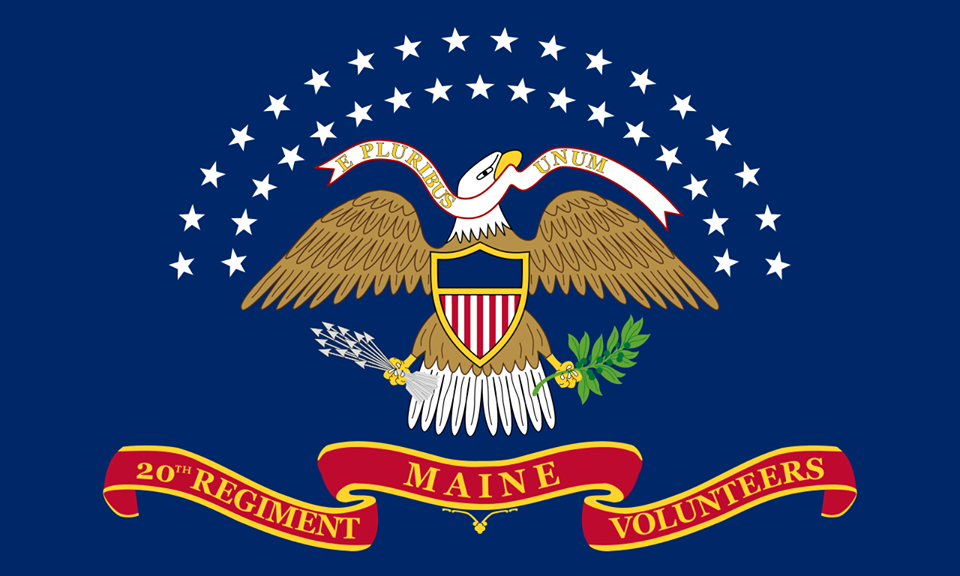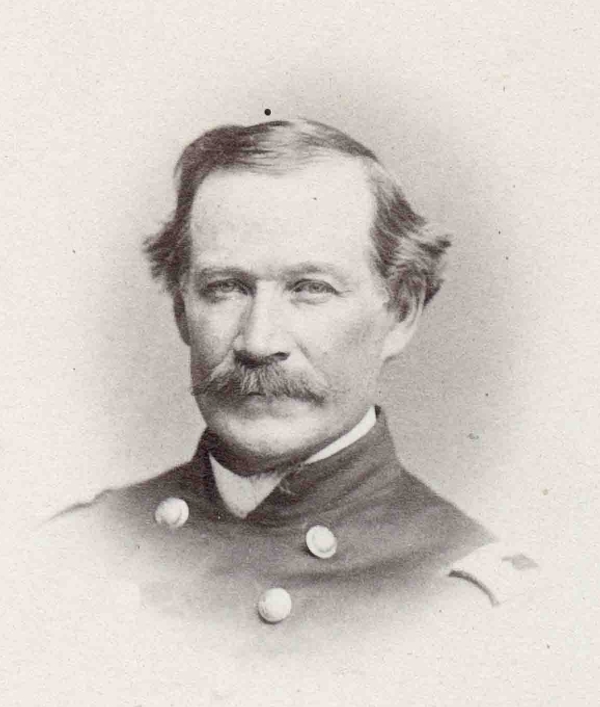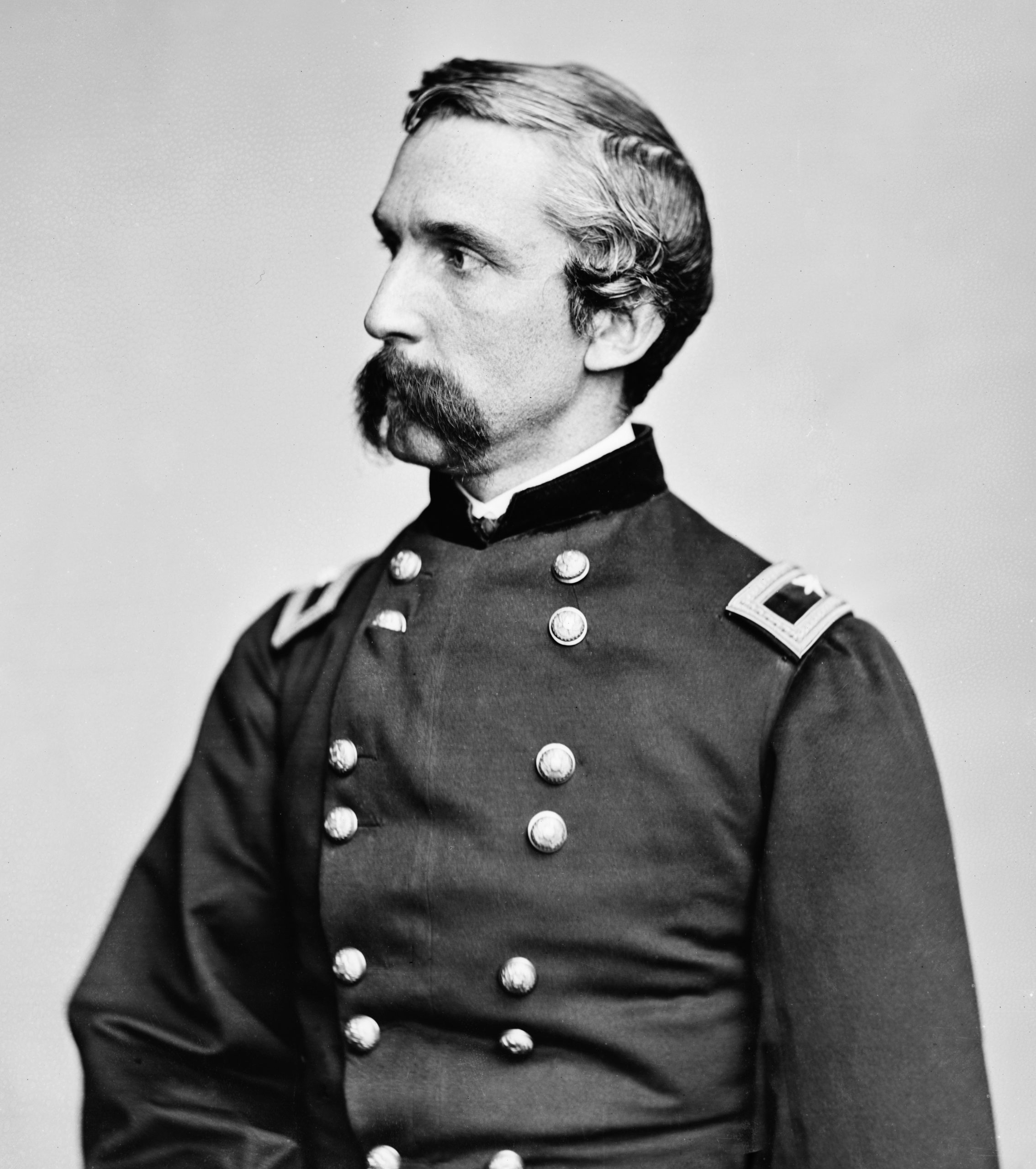Table of Contents
Few diseases caused as much fear and trepidation as smallpox did during the Civil War era. The dreaded illness wreaked havoc during outbreaks throughout American history. Unlike other illnesses during the Civil War, smallpox was something that doctors could attempt to manage through vaccination, which had been done in the US since the late 18th century. However, a botched attempt at vaccinating a regiment against smallpox led to one of the most famous quarantine incidents of the Civil War.[1]

In the spring of 1863, members of the 20th Maine Volunteer Infantry were vaccinated against smallpox while serving with the Army of the Potomac near Fredericksburg, Virginia. Something went terribly wrong, and dozens of solders in the unit came down with a virulent form of the deadly disease.
Surgeon Nahum P. Monroe grew deeply frightened at the prospect of the disease spreading into the Army of the Potomac on the eve of the Chancellorsville campaign. Monroe sought to have the regiment confined to its camp and sought assistance from the adjutant general of the army in helping to implement a quarantine. “As this reg’t is under marching orders… they are liable to communicate the disease others,” Monroe wrote, “I wish it distinctly understood that it is entirely against my idea of safety to our men as well as others.”

The surgeon continued: “For if they should mingle with & spread the disease through the army; with the warm weather coming on, there is no telling when, or where it would end. And somebody would be responsible. I therefore feel it my duty, as surgeon of the reg’t to report, officially, to Head Quarters, in time to avert the calamity of having the Small Pox spread through our splendid Army of the Potomac, thereby giving aid and comfort to the enemy.”
The regiment was indeed separated from the rest of the Army of the Potomac and placed at a discrete location known as “Quarantine Hill.” Signs were posted around the camp warning of disease and danger. As a result of the outbreak, the 20th Maine missed major action at the Battle of Chancellorsville.

An angry regimental commander, one Joshua Lawrence Chamberlain allegedly tracked down the army’s chief of staff, General Daniel Butterfield, and screamed: “If we couldn’t do anything else we would give the rebels the smallpox!” But Chamberlain’s pleas were to no avail.[2]
The regiment left quarantine and returned to service with the Army of the Potomac in May 1863 and served with great distinction at the Battle of Gettysburg.
Want to learn more? Follow us on Facebook and Twitter to discover more stories from Civil War medicine!
Become a museum member and support our educational programs and research like this.
Endnotes
[1] While the US Army often had a handle on smallpox outbreaks in the ranks, they often failed to manage the disease among refugee populations they encountered. Historian Jim Downs has researched this extensively and written about it in his book, Sick From Freedom.
[2] John J. Pullen, “The Twentieth Maine: A Volunteer Regiment in the Civil War.” (Greenwich, CT: Fawcett Publications, 1962 edition) 86-87.
About the Author
Jake Wynn is the Director of Interpretation at the National Museum of Civil War Medicine. He also writes independently at the Wynning History blog.


